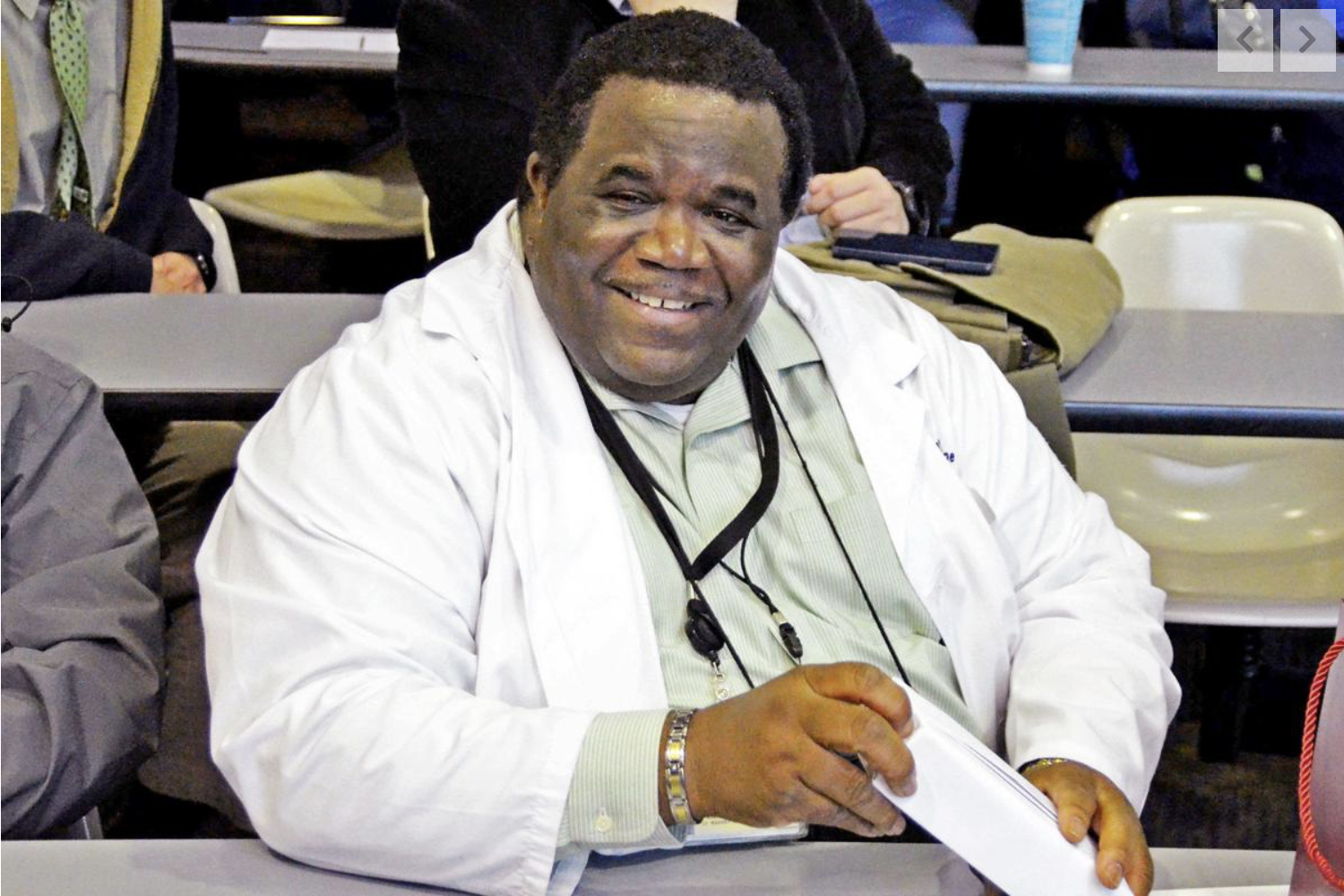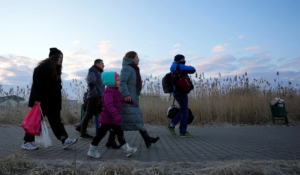NEW YORK — In the first weeks after the coronavirus pandemic hit New York, Dr. James A. Mahoney barely slept.
When he was not working his day shifts at an intensive care unit at University Hospital of Brooklyn, he was working nights across the street at Kings County Hospital Center. When he was not at a hospital, he was conducting telemedicine sessions with his regular patients from home, making sure they were wearing masks and washing their hands.
He would run from crashing patient to crashing patient, always at the bedside where it was most dangerous. He rushed in to help when his boss, Dr. Robert F. Foronjy, was struggling with a patient sick with the virus, doing chest compressions and switching out a blocked endotracheal tube. Then he was off again.
Now, more than ever, the world needs trustworthy reporting—but good journalism isn’t free. Please support us by making a contribution.Contribute
“There were people who were really reluctant to go into the rooms, and you could understand why,” Foronjy said. “He saw another human being in need, and he didn’t hesitate to help.”
After nearly 40 years as a physician, Mahoney, 62, could have retired. Others his age, including his older brother, also a doctor, stopped seeing hospital patients as the pandemic loomed, worried that age or health issues put them in greater danger than younger colleagues.
Friends, family and fellow physicians begged Mahoney to do the same. He had been on the front lines for AIDS; the crack epidemic; the Sept. 11, 2001, terrorist attacks; Hurricane Sandy. Why not skip this one, they asked. Take a break, save yourself.
He would not do it. Mahoney belonged on the floor, and that is where he would stay, until the end. On April 27, he succumbed to the virus he had fought so vigorously.
The pandemic has devastated the ranks of New York’s health care workers. While the city has not released comprehensive data on infection and mortality rates among hospital staffers, doctors and nurses have said there were times during the surge last month when hundreds were out sick. The head nurse at Kings County Hospital’s emergency room, Maria Guia Cabillon, died just a day before Mahoney.
For students, particularly black ones, he was a legend.
“As a young black man, I looked at this guy and said to myself, ‘Twenty years from now I want to be like him,’ ” said Latif A. Salam, who is now a doctor who works in internal medicine at University Hospital. “When a black medical student, a black resident sees him, he sees a hero. Someone that you can be one day. He’s our Jay-Z.”




